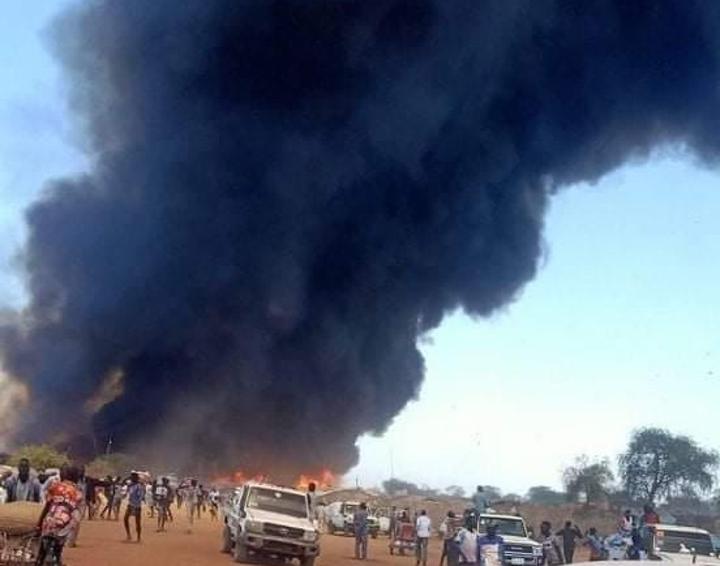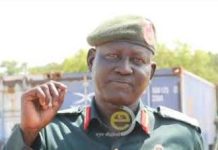Africa-Press – South-Sudan. Since the middle of this month, there has been an increase in the number of cases of inter-communal clashes, particularly in areas of the greater Upper Nile and parts of the Bahr el Ghazal regions.
It has become a serious concern for the general public and the leaders of those conflicting communities. Last week, the lawmakers representing Unity State and Ruweng Administrative Area went public, demanding the creation of a buffer zone between conflicting communities in Pariang County.
They said the situation had remained tense and it required immediate intervention from the security forces to prevent potential clashes between Unity and Ruweng residents.
Again on Sunday, authorities in Warrap State said estimated 3,411 families had been left homeless after they were displaced from their homes in Twic County following deadly clashes with a community in Abyei Administrative Area.
However, authorities from Abyei also said Agok town has been deserted.
The report said about 20 people from the area have killed been during the attacks, and there were reports of the destruction of public and private infrastructure. The violence also resulted in the evacuation of some 700 aid workers and their families from Agok and Juljok to Abyei town.
These growing armed conflicts among communities are so serious that sometimes one fails to understand why the communities subject themselves to violence. Intercommunal conflicts are spreading like wildfire among the communities, and it is something that the government needs to act on now to avoid the further spread of those conflicts. Right now, some people have been left homeless as a result of the conflict.
The ongoing sub-national conflict in some parts of the country is posing a big threat to national security as well as the implementation of the revitalised peace agreement. There is no point in talking about the election while some areas are increasingly becoming unsecured. Those areas seem to be taking a new direction where nobody knows where they are heading to.
This fighting needs to be addressed because it is outweighing the usual cattle raid. Nevertheless, some parties to the revitalised peace agreement have started serious campaigns for the election due to take place sometime next year. So, there would be no peaceful election when some parts of the country are becoming more unsecured than ever.
Though most parts of the Equatoria region have maintained relative peace, the election will not be conducted only in this region. So, there is a need for peace in Upper Nile and Bahr el-Ghazal regions. The Reconstituted Transitional Government of National Unity needs to make a collective effort to restore peace in those areas whose communities are currently fighting among themselves.
They need to find out proper strategies to remove arms from the civilian population because the presence of illicit arms in the communities has always been a major cause of violence in the area, especially in predominantly pastoralist communities.
For More News And Analysis About South-Sudan Follow Africa-Press






